Understanding Weighing Controllers | Your Guide to Weight Management
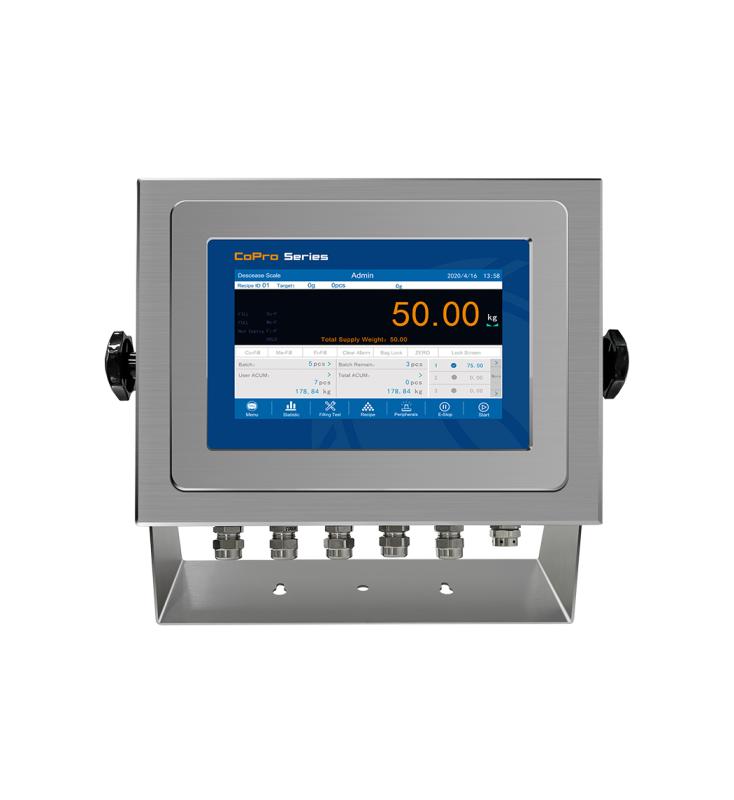
Introduction
In today’s fast-paced world, managing weight — whether in a personal, industrial, or commercial setting — is crucial. Enter the weighing controller: a device designed to provide accurate measurements and streamline processes. But what exactly is a weighing controller, and how does it impact various industries? Let’s dive in!

What is a Weighing Controller?
A weighing controller is an electronic device that manages the process of weighing materials. It integrates with scales to deliver precise weight measurements and can be programmed to perform specific tasks, such as controlling outputs in a production line.
Types of Weighing Controllers
- Analog vs. Digital
While analog controllers provide a simple, straightforward measurement, digital controllers offer advanced features like data logging and remote access. If you’re looking for precision, a digital weighing controller might be your best bet. - Standalone vs. Integrated Systems
Standalone systems operate independently, making them great for specific tasks. Integrated systems, however, connect with other machines, enhancing workflow efficiency in larger operations.
How Weighing Controllers Work
These devices work by measuring the load placed on a scale and processing that information. The data is then displayed in a readable format, often allowing for further manipulation or analysis. It’s this combination of mechanics and data processing that makes weighing controllers so effective.
Applications of Weighing Controllers
- Industrial Use
In manufacturing, weighing controllers are essential for ensuring that materials meet specific standards. They help avoid wastage and maintain product quality. - Laboratory Use
Accuracy is paramount in labs. Weighing controllers ensure that experiments yield reliable results, whether in pharmaceuticals or research. - Retail and Food Industry
From weighing produce to packaging items, these controllers ensure customers receive the correct amounts, enhancing trust and compliance.
Benefits of Using a Weight Controller
Using a weight controller improves accuracy in measurements, enhances operational efficiency, and ultimately leads to cost savings. For businesses, investing in a reliable weighing system can translate into better service and reduced waste.
Choosing the Right Weigh Controller
When selecting a weigh controller, consider factors like load capacity, calibration features, and user interface. Making the optimal decision might be aided by being aware of your unique demands.
Maintenance Tips for Weighing Controllers
Regular calibration and cleaning are vital for maintaining accuracy. A well-maintained system guarantees dependability and longevity.
Common Issues and Troubleshooting
From inaccuracies in readings to technical malfunctions, issues can arise. Familiarizing yourself with common problems can help you troubleshoot effectively, ensuring minimal downtime.
Future Trends in Weighing Technology
As technology advances, so does the weighing industry. Look out for innovations such as smart weighing systems that integrate with IoT devices, enhancing data accessibility and usability.
Conclusion
In summary, weighing controllers play a crucial role in various industries, offering accurate measurements and improving efficiency. Whether you’re in manufacturing, retail, or research, understanding these devices can help you make informed decisions for better weight management.
FAQs
- What is the difference between a weigh controller and a weighing scale?
A weigh controller manages the weighing process and can control outputs, while a weighing scale primarily provides weight measurements. - How often should I calibrate my weighing controller?
Calibration frequency depends on usage, but it’s generally recommended to calibrate at least once a month. - Can a weighing controller be used in a home setting?
Yes, smaller weigh controllers can be used at home for cooking or DIY projects requiring precise measurements. - What industries benefit most from weighing controllers?
Industries such as manufacturing, pharmaceuticals, food production, and retail benefit significantly from accurate weighing solutions. - Are there any regulations for weighing equipment?
Yes, many industries must comply with regulations regarding accuracy and calibration. It’s essential to stay informed about your specific sector’s requirements.
Source URL: https://medium.com/@generalmeasureusa/understanding-weighing-controllers-your-guide-to-weight-management-9bb44d971434

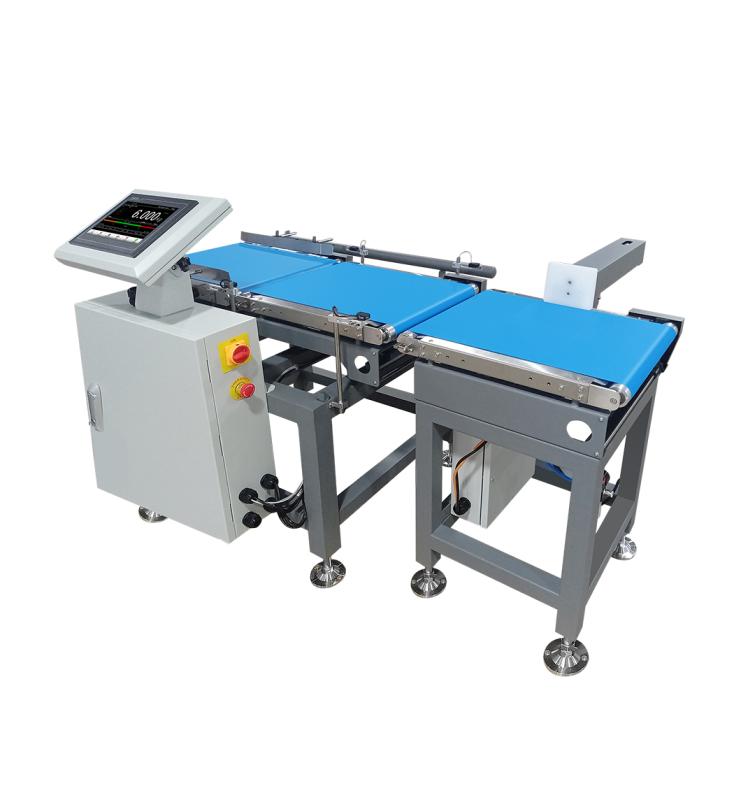
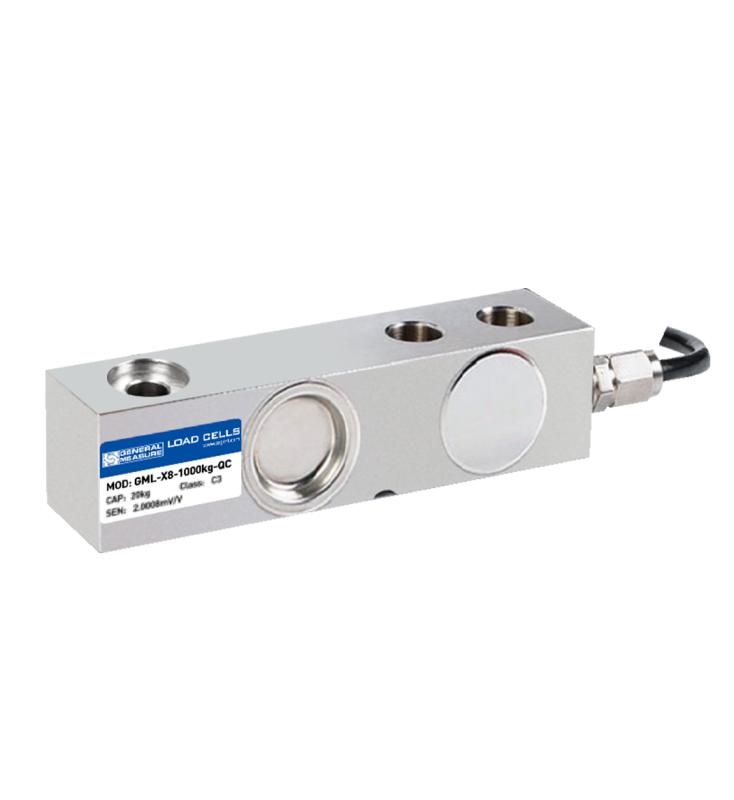
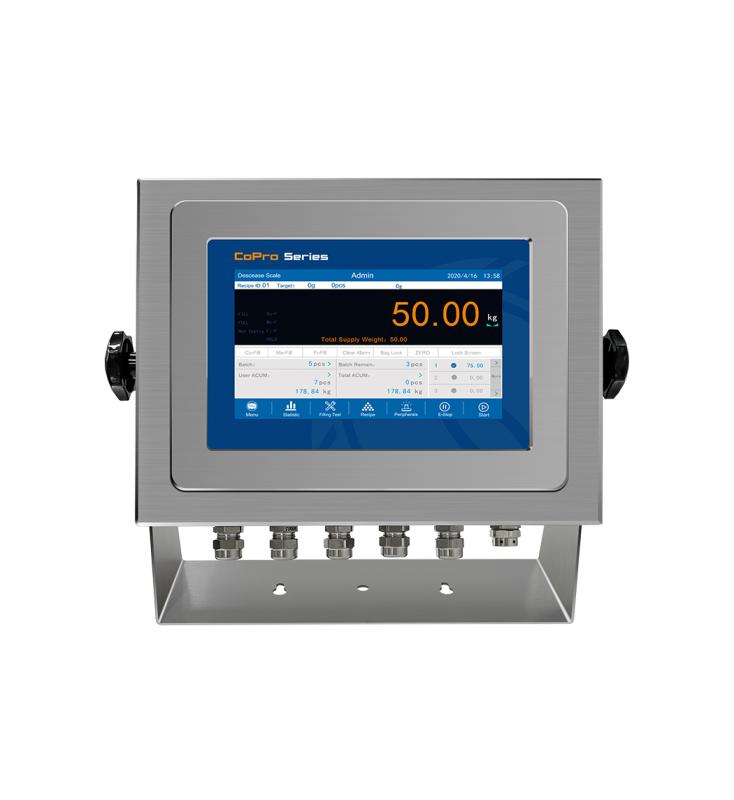
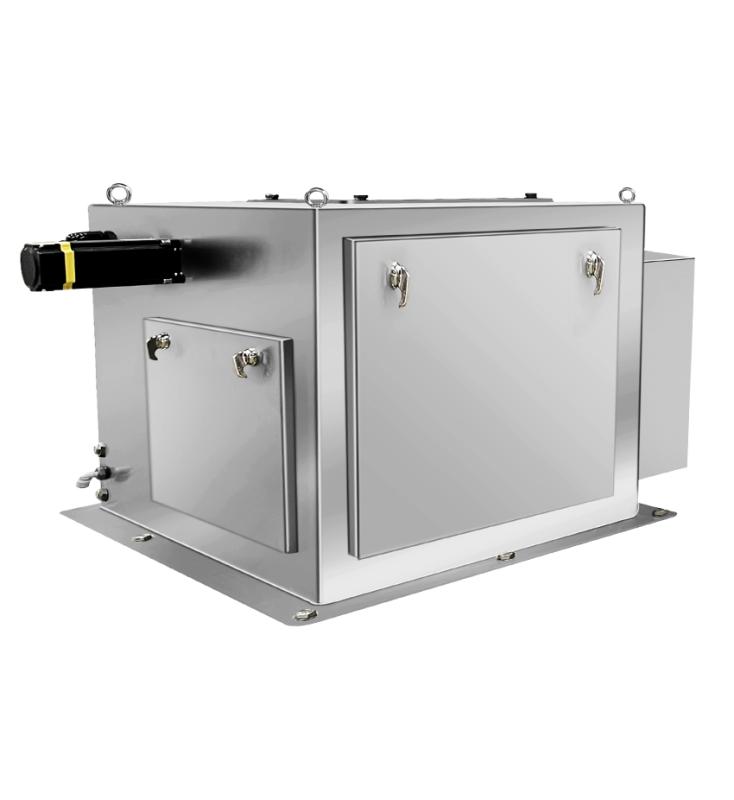
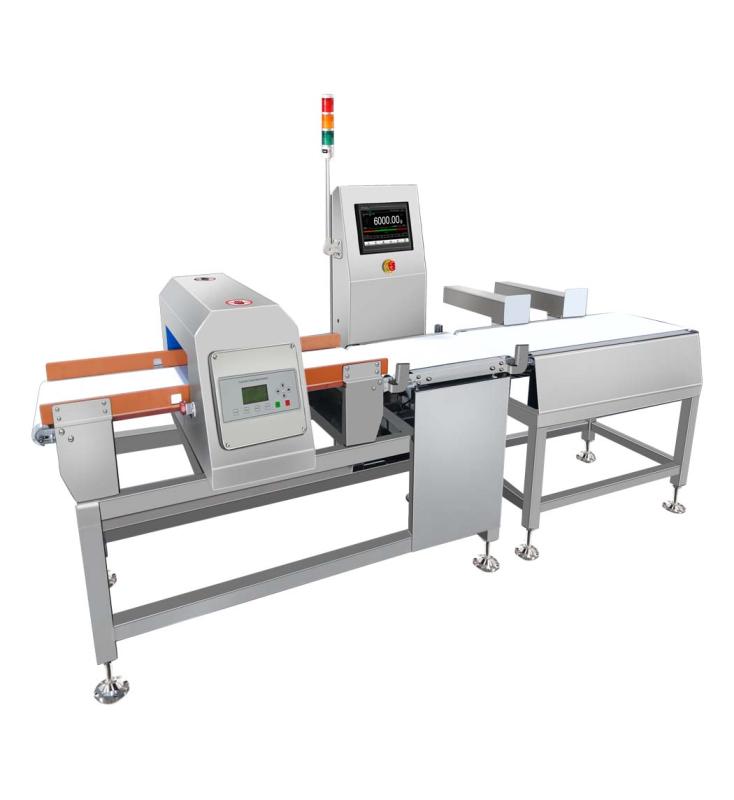

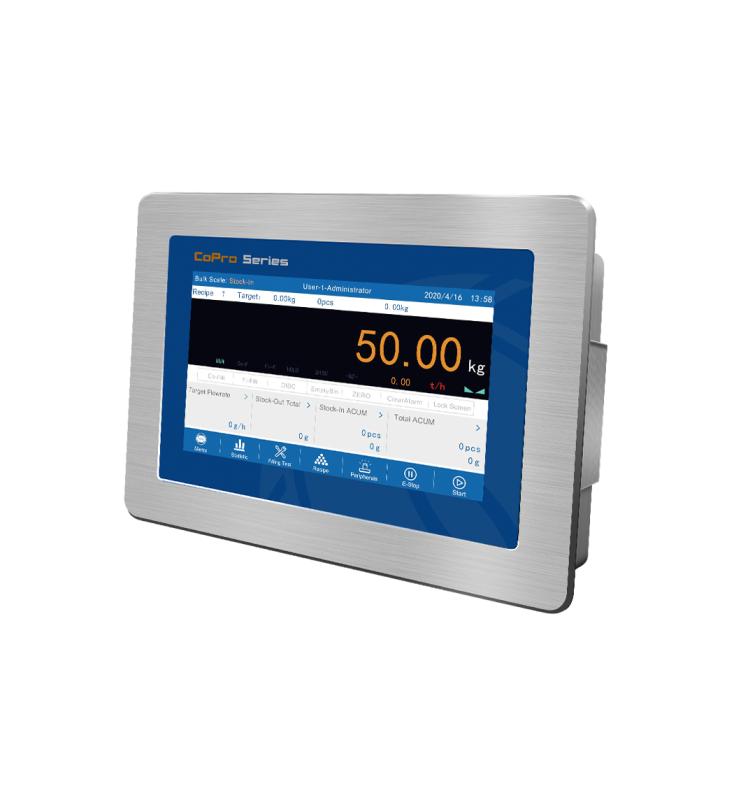
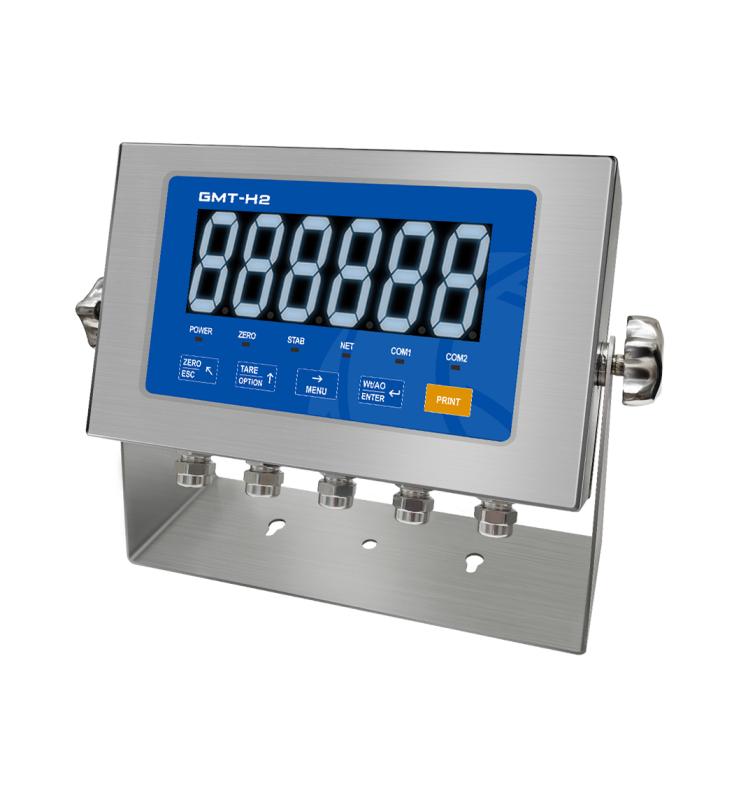
Comments